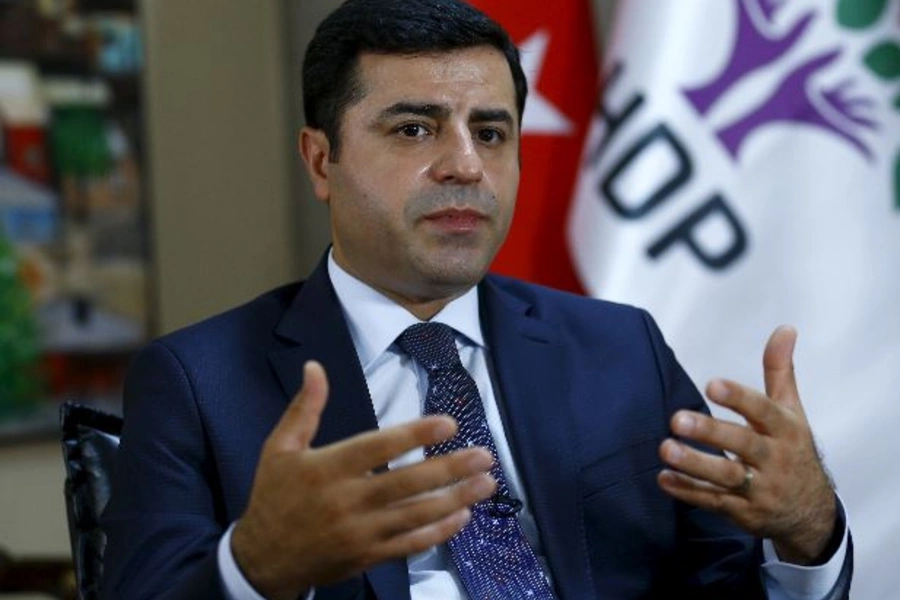This Week in Markets and Democracy: TIP Report Questioned, Turkey Targets Kurds, and Cardin’s Anti-Corruption Agenda

This is a post in a new series on the Development Channel,“This Week in Markets and Democracy.” Each week, CFR’s Civil Society, Markets, and Democracy Program will highlight noteworthy events and articles.
Free Trade vs. Human Rights? Malaysia, TIP, and the TPP
On Monday, the U.S. State Department released its Trafficking in Persons (TIP) Report, an annual guide to how countries measure up in combatting the $150 billion global trafficking industry. The TIP report is known for its tier-based ranking system: Tier 1 (best) to Tier 3 (worst). Already the State Department is getting flak from Congressional leaders and human rights advocates for its controversial upgrade of Malaysia–moved from Tier 3 to a Tier 2 ‘Watch List.’ The report justifies Malaysia’s rise due to an increasing number of trafficking investigations and a widespread public awareness campaign, but critics point to evidence that migrants are still “trafficked and abused with impunity.” Many believe the upgrade reflects political expediencies related to the Trans-Pacific Partnership (TPP) trade deal, as the recently passed Trade Promotion Authority excludes Tier 3 countries from fast-tracked agreements. The controversy calls into question whether the TIP report prioritized politics over principles.
Turkey Targets Kurds–Does Democracy Suffer?
More on:
My colleague Steven Cook writes this week that the deepening U.S. and Turkish cooperation to fight ISIS creates a foreign policy “quagmire” for the United States. He worries that Turkey is using a U.S. military partnership as cover to target the Kurdistan Workers’ Party (PKK)–the Kurdish nationalist movement with a presence in both Iraq and Turkey. Viewing the PKK as a major political and security threat, President Recep Tayyip Erdogan has detained hundreds of Kurds and blocked pro-Kurdish websites for “promoting terrorist propaganda.” Critics accuse Erdogan of exploiting anti-Kurdish sentiment to gain political advantage after his Justice and Development Party (AKP) lost its parliamentary majority in June’s elections. Though potentially a political winner for Erdogan in snap elections this fall, anti-Kurdish nationalism represents a step back for Turkey’s democratic progress. All this makes Turkey an uneasy partner for the United States and its own foreign policy goals.
Cardin’s Anti-Corruption Agenda
Before Congress recesses in August, Senate Foreign Relations Committee ranking Democrat Ben Cardin is pushing two anti-corruption measures. The first–the bipartisan Global Magnitsky Human Rights Accountability Act–expands on a Russia-specific sanctions law (named for whistleblower Sergei Magnitsky) to make corruption a sanctionable offense globally. It allows the president to deny or revoke visas and freeze assets of foreign individuals responsible for “significant acts” of corruption and “gross” human rights violations. Championed by rights groups, the re-introduced bill made it through committee on Wednesday. Also this week, Senator Cardin called out the Securities and Exchange Commission (SEC) for failing to implement section 1504 of Dodd-Frank, five years after the financial regulation passed. Known as the Cardin-Lugar amendment, 1504 requires extractives companies listed on U.S. stock exchanges to disclose payments made to foreign governments, allowing citizens and NGOs to track oil revenue from multinationals such as Exxon, Chevron, and ConocoPhillips. As the United States stalls, 30 other countries have adopted similar laws.
More on:
 Online Store
Online Store